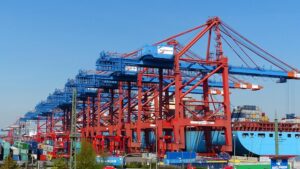Thermal retention is key for insulated containers, with reinforced walls slowing heat exchange and maintaining temperatures. Essential for industries like food and pharmaceuticals, improving product quality and safety, and reducing waste. Insulated containers save energy, offering cost-effective solutions for various sectors from logistics to agriculture. Future trends include advanced materials, customizable designs, rental services, focusing on sustainability and flexibility.
“Discover the game-changing world of insulated containers with reinforced walls, designed for exceptional thermal retention. This article explores the science behind thermal retention and its impact on container performance. We delve into the advantages of insulated walls, highlighting key features that elevate container design. From diverse industry applications to future tech trends, learn how these innovative solutions are revolutionizing transport and storage. Optimize your operations with the latest in insulated containers technology.”
- Understanding Thermal Retention in Containers
- Benefits of Insulated Walls for Superior Performance
- Key Features of Reinforced Container Designs
- Applications of Insulated Containers in Various Industries
- Future Trends in Container Insulation Technology
Understanding Thermal Retention in Containers
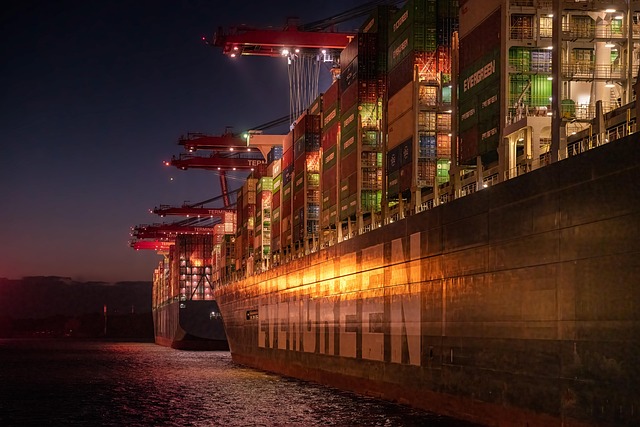
Understanding Thermal Retention in Containers
In the world of insulated containers, thermal retention is a cornerstone feature that determines their effectiveness in maintaining optimal temperatures for diverse applications. This crucial aspect refers to the container’s ability to resist heat transfer, keeping contents either cold or hot depending on the requirement. Insulated containers with reinforced walls are designed to excel in this regard through advanced materials and meticulous construction techniques. These walls, made from durable and thermally resistant materials like steel or specialized insulation foam, create a barrier that slows down heat exchange, thus preserving the desired internal temperature.
Whether you’re looking for new insulated containers, considering used insulated containers for sale, or requiring custom insulated container modifications, understanding thermal retention becomes paramount. The right choice depends on factors like expected environmental conditions, contents to be stored (perishable goods or temperature-sensitive materials), and the need for rapid cooling or heating. By prioritizing thermal retention, users can ensure the integrity of their contents, make informed decisions when buying insulated containers, and even explore options like insulated container leasing or rental for temporary needs, all while leveraging the versatile uses of refrigerated insulated containers, insulated shipping containers, and insulated storage containers in various industries.
Benefits of Insulated Walls for Superior Performance
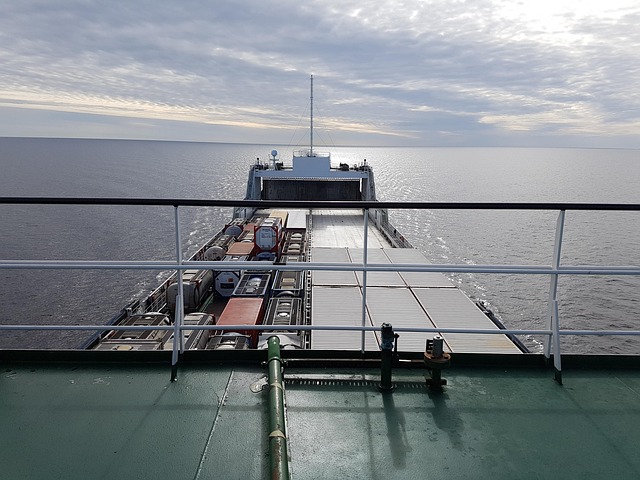
Insulated walls play a pivotal role in enhancing the performance of containers, especially when it comes to maintaining ideal temperatures for various applications. One of the primary benefits is the significant improvement in thermal retention, ensuring contents remain at optimal conditions throughout transit or storage. This is particularly crucial for industries like food and pharmaceuticals, where temperature control is paramount to product quality and safety.
By incorporating reinforced insulation, these containers can withstand extreme external conditions while maintaining a consistent internal environment. This not only extends the shelf life of perishable goods but also reduces waste and associated costs. Moreover, insulated walls contribute to energy efficiency, minimizing the need for constant re-cooling or heating, which can lead to substantial long-term savings for businesses utilizing these containers, whether it’s for transport, storage, or on-site operations.
Key Features of Reinforced Container Designs
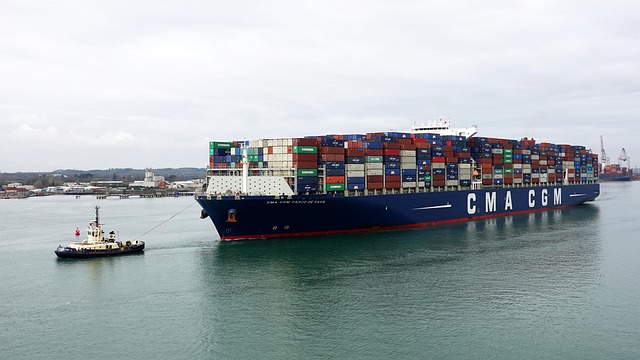
In the realm of thermal management, reinforced container designs stand out for their key features that significantly enhance performance. These insulated containers with robust walls are engineered to offer superior thermal retention, making them indispensable in various industries ranging from food and beverage to pharmaceuticals. Reinforced with durable materials like steel or high-performance insulation, these containers provide a stable interior temperature, ensuring the integrity of sensitive cargo during transit or storage.
Whether you’re on the lookout for new insulated containers, considering used insulated containers, or planning to rent insulated containers, buying from reputable dealers and suppliers is crucial. These professionals offer not just top-quality products like refrigerated insulated containers and insulated shipping containers but also services such as insulated container modifications, leasing, and delivery, catering to diverse needs. With dimensions varying for different applications—from modular containers to office and workshop uses—insulated containers are versatile solutions that can be tailored to specific requirements while keeping cost-effectiveness in mind.
Applications of Insulated Containers in Various Industries
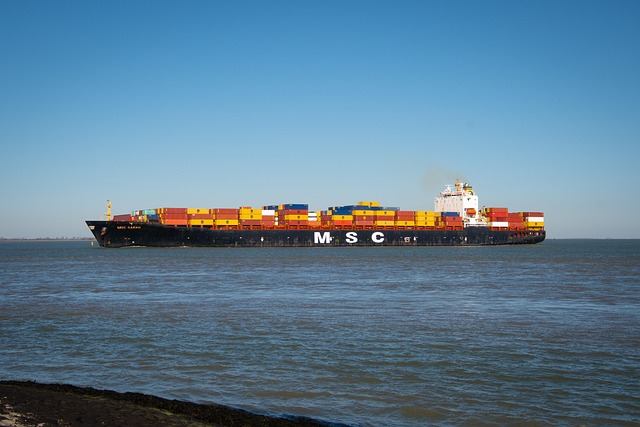
Insulated containers have a wide array of applications across various industries due to their superior thermal retention capabilities. From food and beverage services to pharmaceuticals, temperature-controlled transportation is a critical necessity. Restaurants and catering companies use insulated containers for efficient meal delivery, ensuring food remains hot or cold throughout transit. The healthcare sector relies on refrigerated insulated containers for the safe transport of medicines and vaccines, maintaining their integrity during distribution.
In logistics and shipping, insulated containers are invaluable for transporting perishable goods over long distances. Businesses in the agricultural industry utilize them to store and distribute fresh produce, minimizing waste and ensuring quality. Moreover, with options available for both new and used insulated containers, along with rental and leasing services, these versatile tools cater to diverse needs. Custom modifications are also possible, allowing industries to tailor solutions to their specific requirements.
Future Trends in Container Insulation Technology
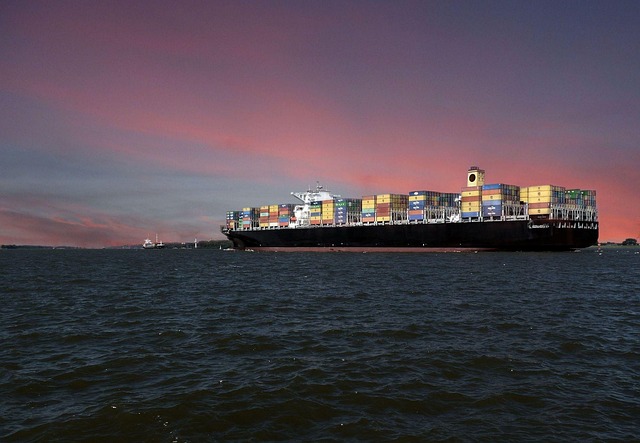
The future of container insulation technology is bright, with continuous innovations aiming to enhance thermal retention and energy efficiency. As environmental concerns grow, developers are focusing on creating more sustainable insulated containers that reduce carbon footprints. Advanced materials with superior insulating properties are being explored, promising to revolutionize both new and used insulated containers. These materials not only improve temperature control but also contribute to longer-lasting products, making them cost-effective choices for various industries.
Additionally, there’s a rising trend towards modular and customizable insulated containers. Custom insulated containers cater to specific needs, whether it’s for cold storage, shipping, or on-site workshops. Insulated container rental and leasing services are gaining popularity, offering flexible solutions for businesses that require short-term or project-based usage. This versatility in the market allows companies to choose from new insulated containers, buy used insulated containers, or find deals on insulated container inventory based on their unique requirements and budgets.
Insulated containers with reinforced walls are transforming various industries by offering superior thermal retention, ensuring efficient temperature control and reduced energy costs. With their enhanced performance and versatility, these containers are a game-changer for transporting and storing perishable goods, providing reliable solutions for modern logistics challenges. Future developments in insulation technology promise even greater efficiency and sustainability, solidifying the role of insulated containers as an indispensable asset across sectors.
